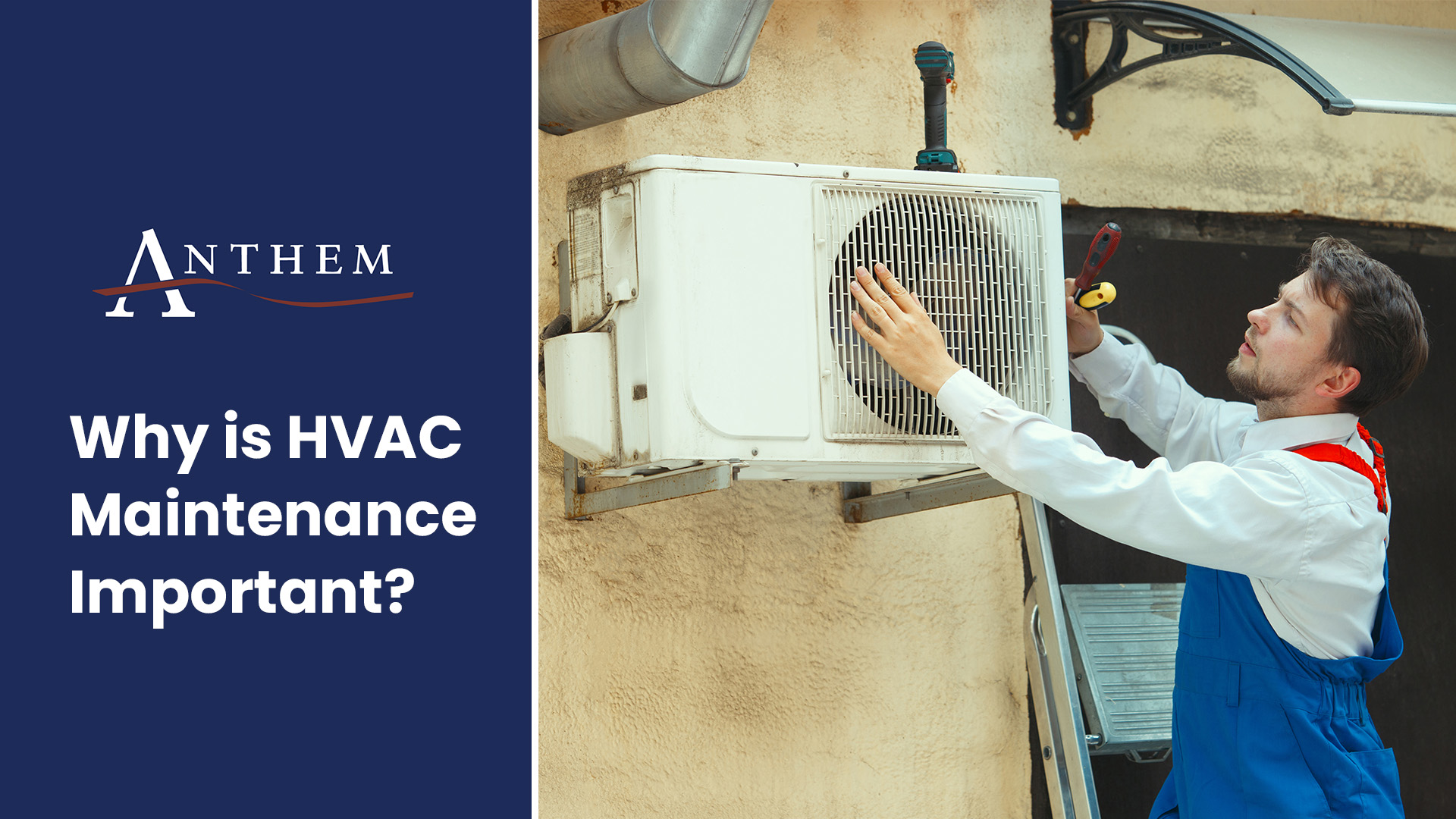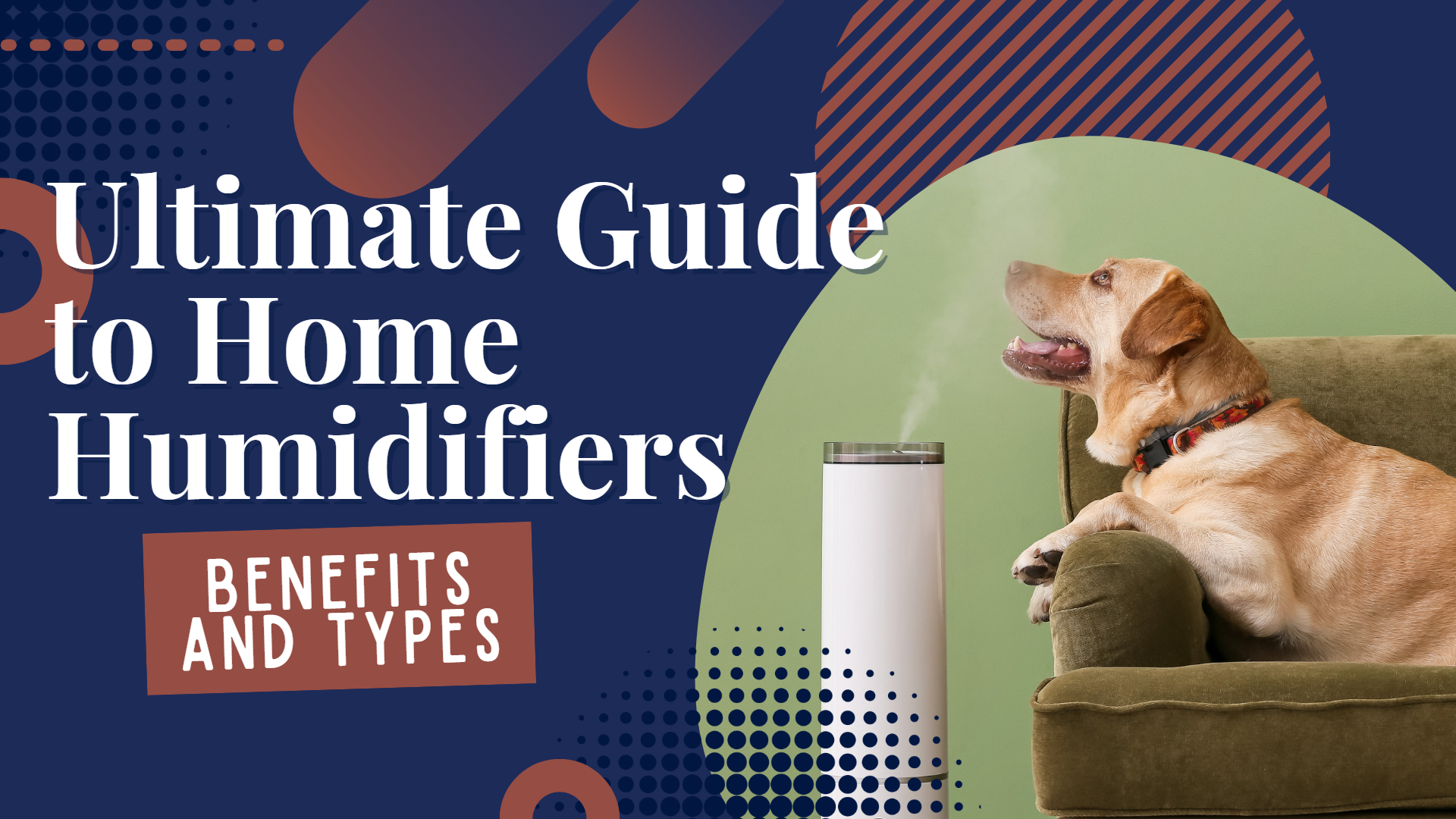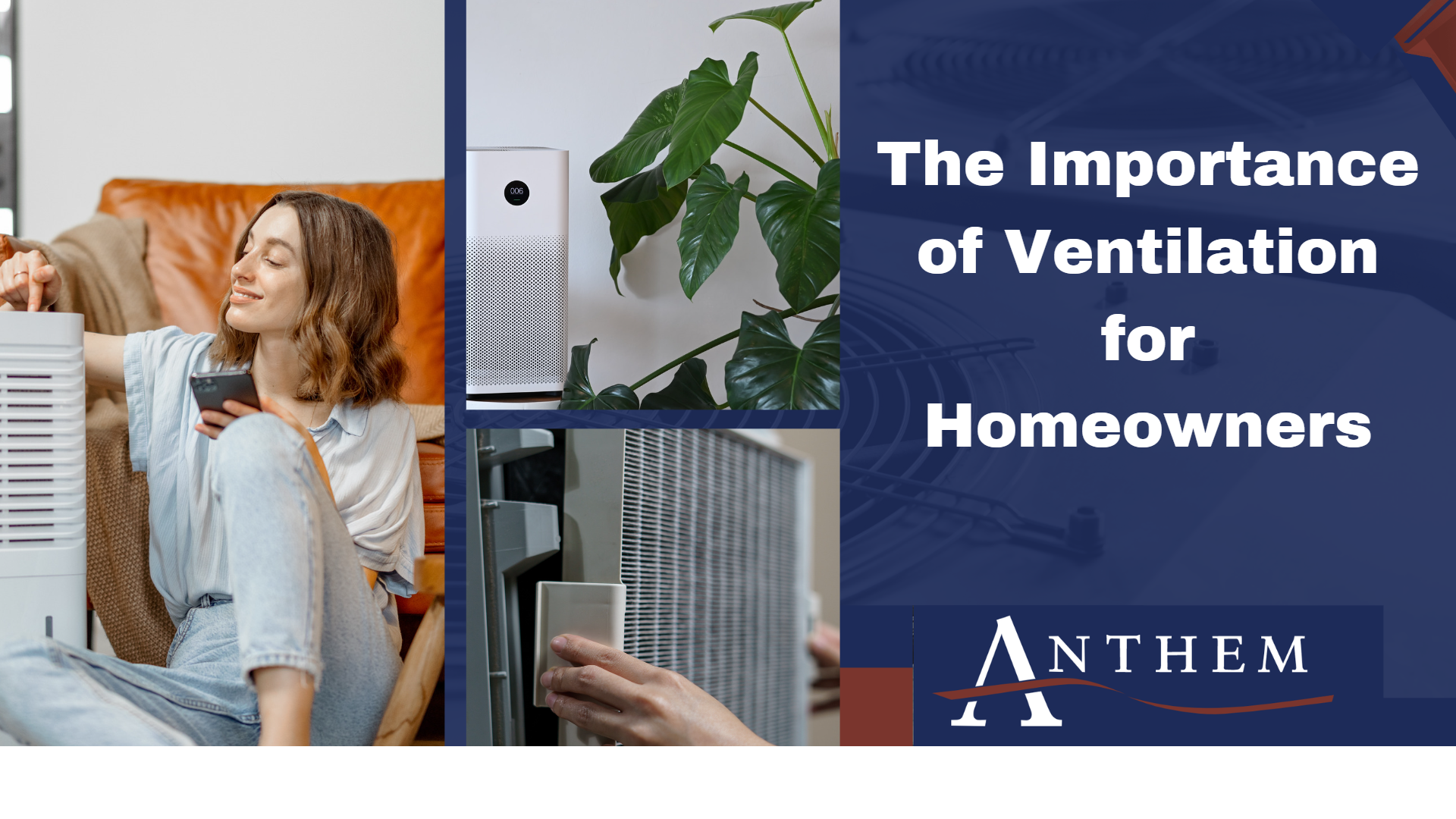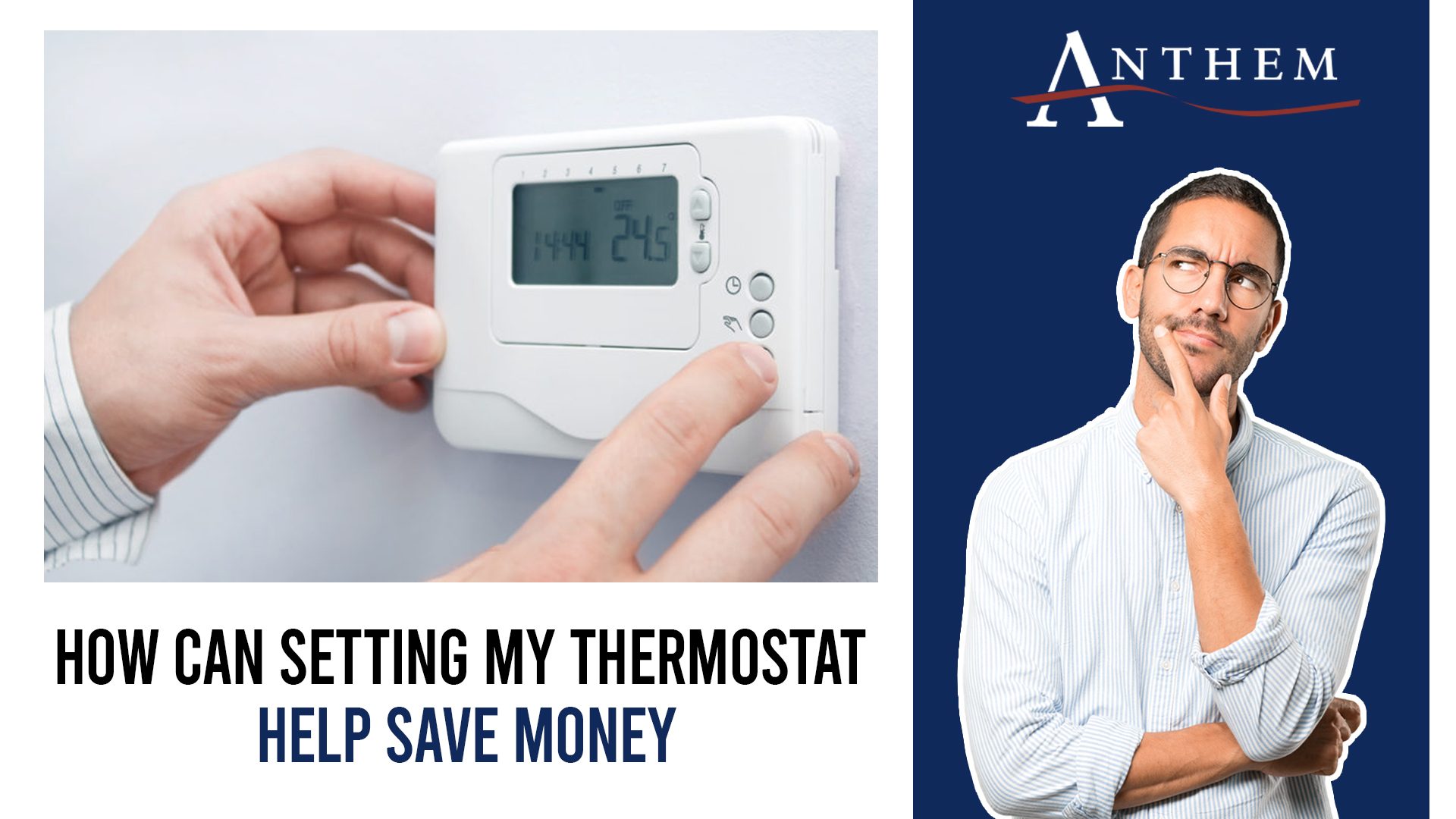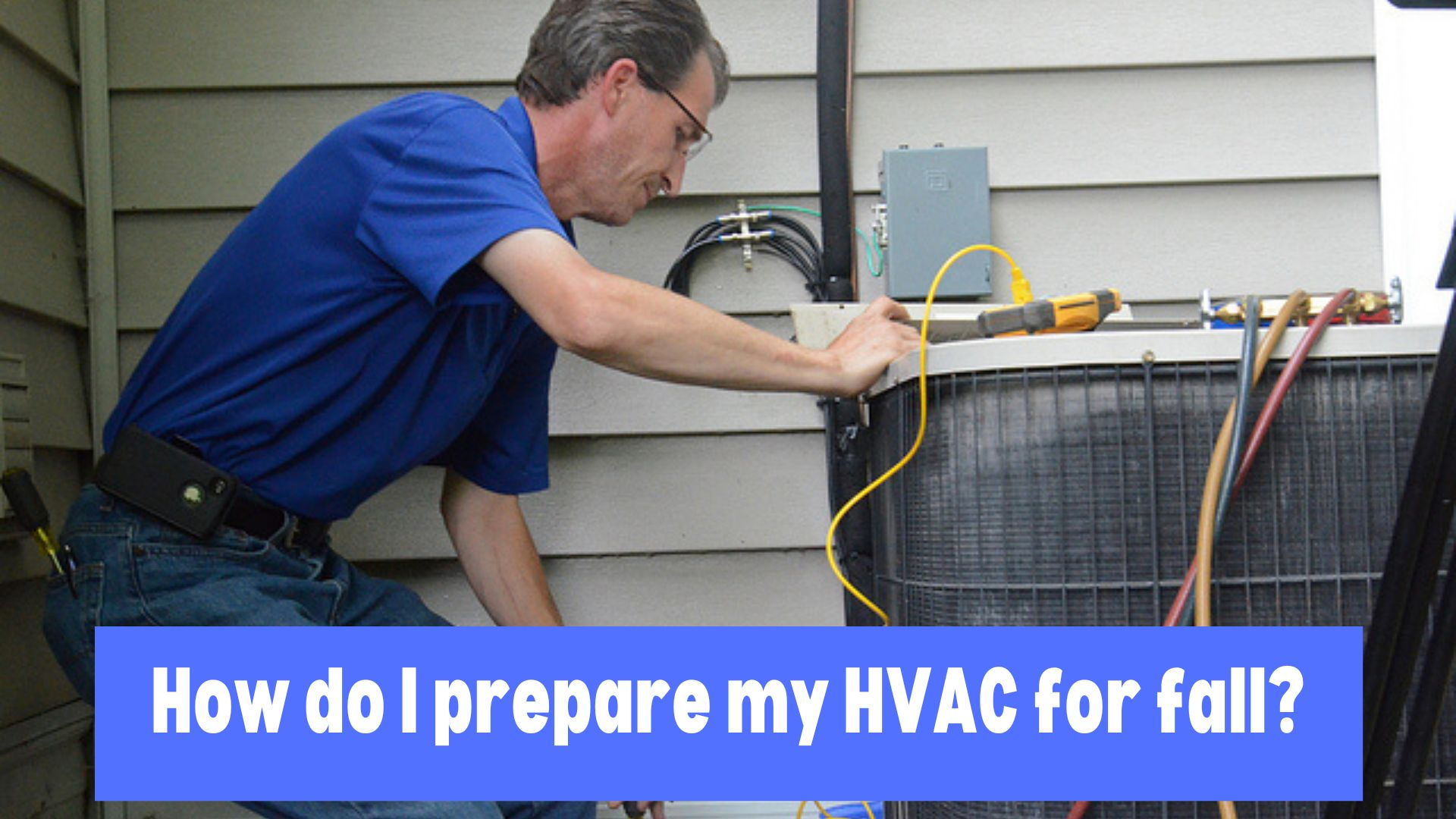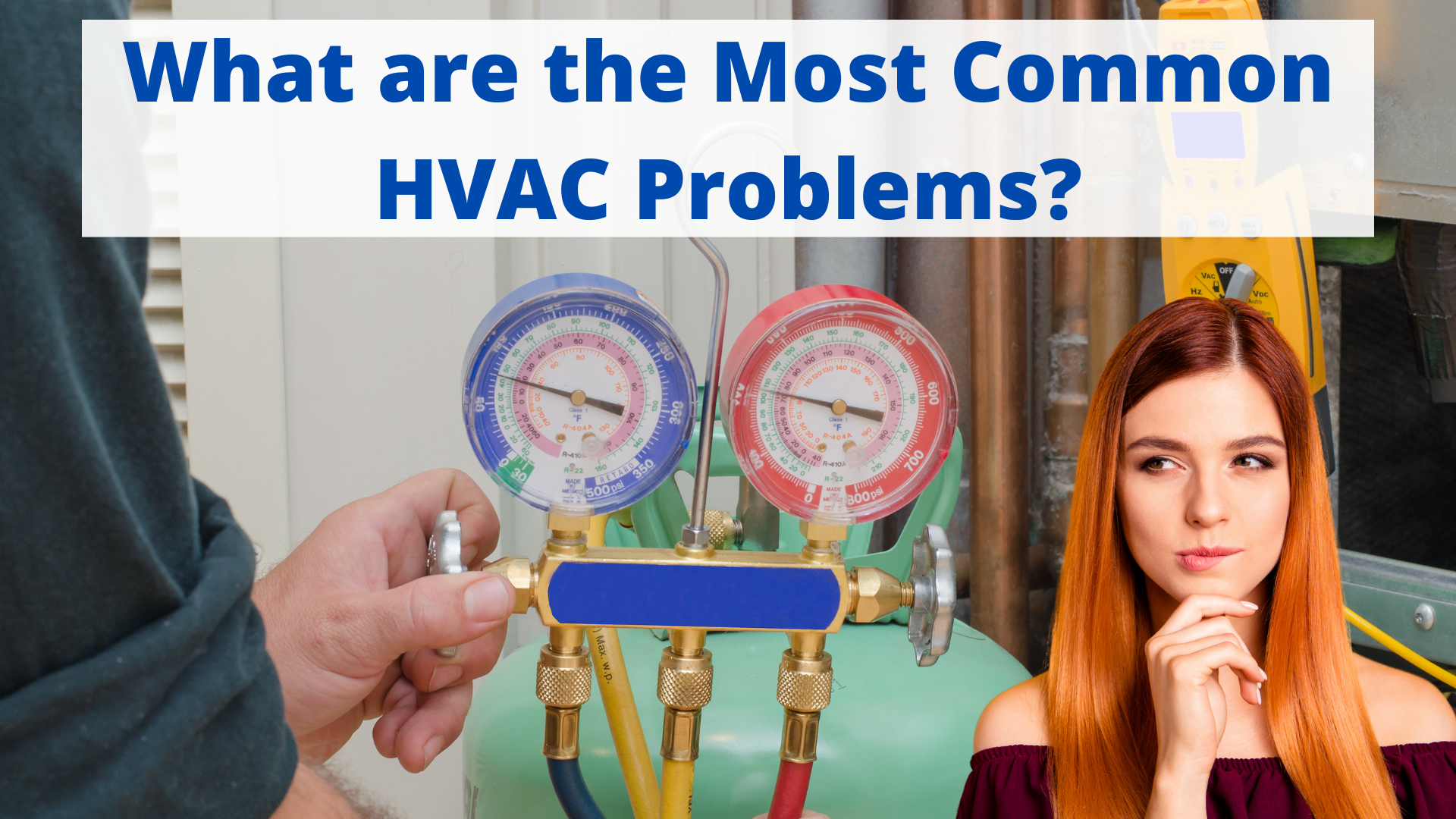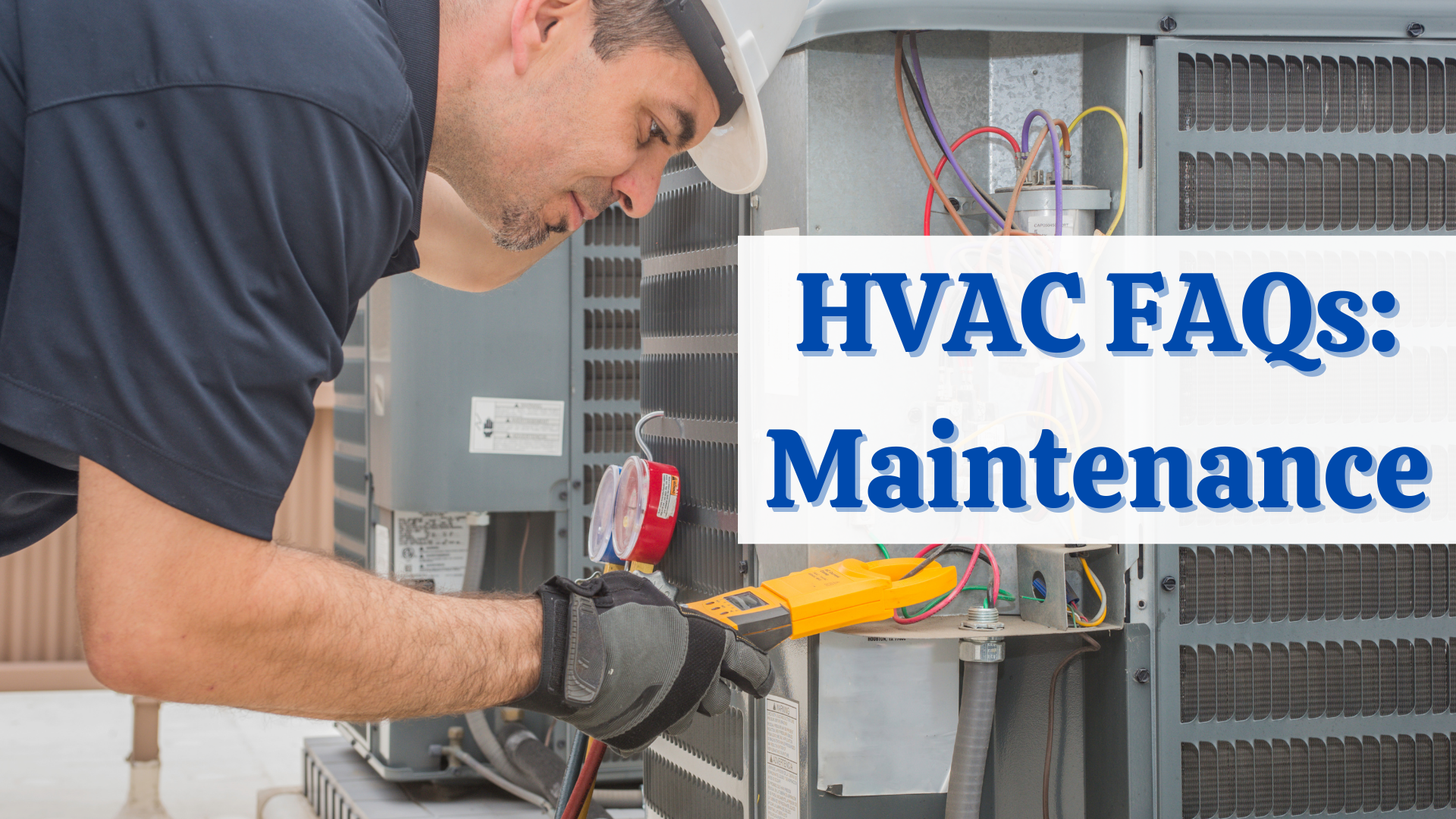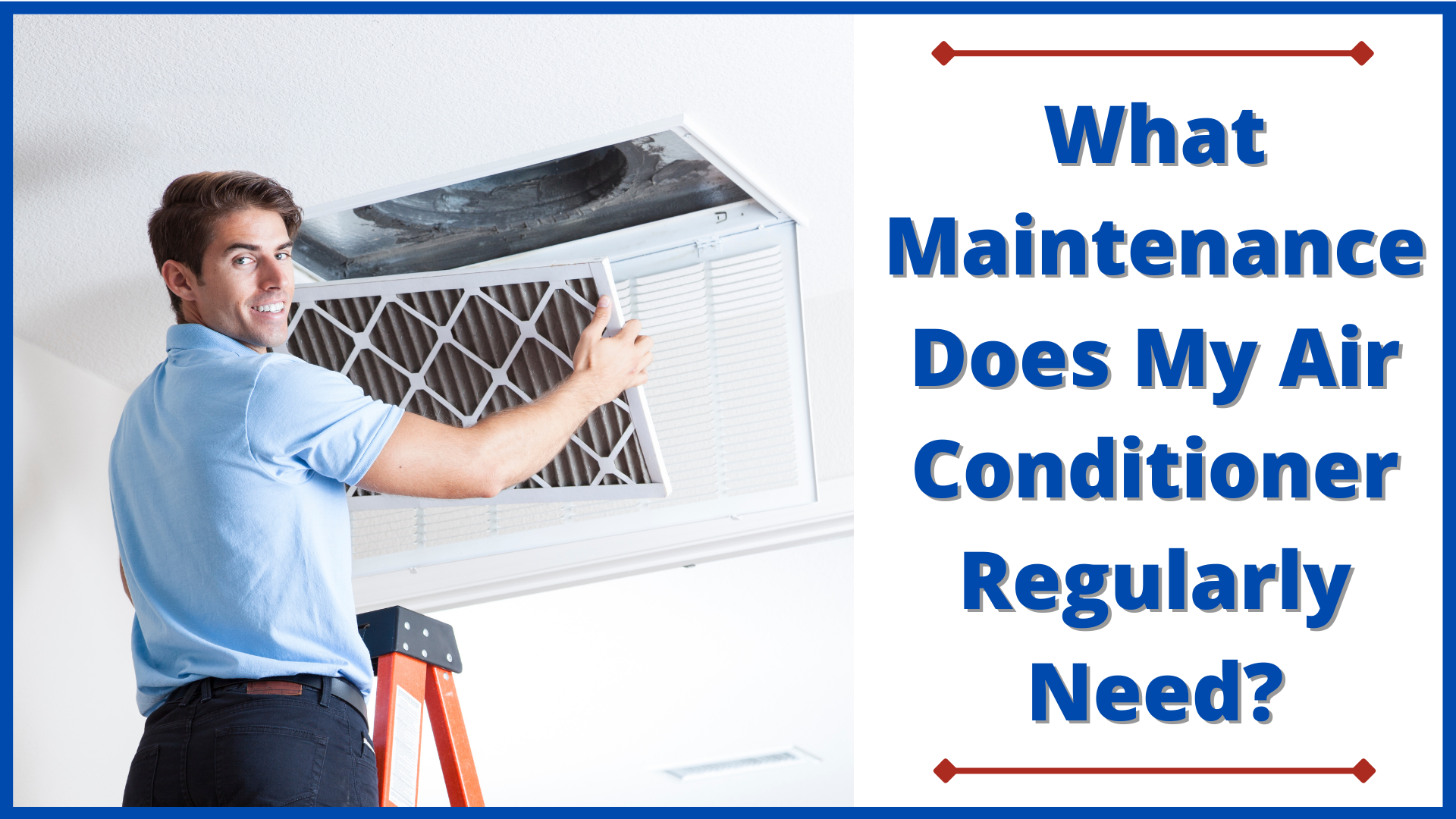Grasping the necessity of HVAC upkeep is necessary for Coachella Valley, California residents. Regular HVAC maintenance ensures that your system functions efficiently, extends its lifespan, and saves you money on costly repairs. This post will delve into the top reasons why prioritizing regular maintenance for your HVAC unit is essential.
We will discuss how scheduling routine inspections by a professional technician and cleaning or replacing filters regularly can help extend the life of your HVAC system. Additionally, we’ll explore how identifying potential issues before they escalate and improving overall system efficiency through regular tune-ups can save you money on both repairs and energy bills.
Maintaining warranty coverage, ensuring optimal indoor air quality, enhancing safety measures for your family, and postponing the need for system replacement are other key aspects of HVAC maintenance importance that we’ll cover in detail throughout this informative post.
Extending the Life of Your HVAC System
Proper HVAC maintenance is crucial for extending the life of your system. Regular check-ups and cleaning can prevent small issues from becoming major problems, ensuring that your unit operates efficiently for years to come. You’ll enjoy a more reliable and long-lasting heating and cooling solution by investing in consistent care.
Scheduling Routine Inspections by a Professional Technician
Hiring an experienced HVAC technician to perform routine inspections is essential for identifying potential concerns before they escalate into costly repairs or system failures. These professionals will assess components such as compressors, coils, and electrical connections to ensure optimal performance.
Cleaning or Replacing Filters Regularly
Clean air filters play a vital role in maintaining efficient airflow throughout your home while also capturing dust particles and allergens. Changing filters every 1-3 months improves indoor air quality and reduces strain on your HVAC system, ultimately prolonging its lifespan.
By scheduling routine inspections and regularly cleaning or replacing filters, you can extend the life of your HVAC system. Additionally, saving money on repairs and energy bills is possible by identifying potential issues early and improving overall efficiency through regular tune-ups.
Saving Money on Repairs and Energy Bills

Identifying Potential Issues Before They Escalate into Expensive Repairs
An experienced HVAC technician can spot problems during routine inspections before they become major issues requiring expensive repairs or even replacement. Early detection of worn-out components, leaks, or other malfunctions allows for timely intervention, preventing further damage to your system and saving you from unexpected expenses.
Improving Overall System Efficiency Through Regular Tune-Ups
Regular upkeep of your HVAC system helps it run at its most effective, leading to lower energy use and minimizing utility costs. During regular maintenance visits, technicians will clean coils, check refrigerant levels, inspect electrical connections, and perform other tasks that ensure optimal performance. The Department of Energy suggests that properly maintained HVAC systems can save energy costs considerably, with up to a 10% reduction in heating bills and 15% in cooling expenses.
By scheduling regular HVAC maintenance, you can save money on repairs and energy bills by preventing costly breakdowns. Additionally, proper upkeep of your system will help maintain warranty coverage and increase the resale value of your home.
Maintaining Warranty Coverage and Resale Value
Regular HVAC maintenance can help preserve warranty coverage on parts, as many manufacturers require proof of regular service. Additionally, a well-documented history of proper care increases resale value if you decide to sell your home.
Adhering to Manufacturer’s Requirements for Warranty Protection
To maintain the validity of your warranty coverage, following the manufacturer’s guidelines for routine maintenance is essential. This often includes scheduling professional inspections and tune-ups at least once a year. Adhering to the maintenance instructions guarantees that your warranty will take care of any repairs or replacements needed.
Demonstrating Responsible Homeownership with Documented Maintenance Records
A well-maintained HVAC system provides comfort and adds value to your property when it comes time to sell. Prospective buyers appreciate knowing that the system has been properly cared for by its previous owner. To showcase this responsible homeownership, keep detailed records of all maintenance activities, including filter changes and technician visits. These documents will serve as evidence of your commitment to preserving your HVAC system’s performance and longevity.
By adhering to the manufacturer’s requirements for warranty protection and documenting maintenance records, homeowners can demonstrate responsible ownership of their HVAC system. Additionally, regular upkeep helps ensure optimal indoor air quality by preventing mold growth in ducts and other components and frequently changing air filters to capture airborne particles.
Ensuring Optimal Indoor Air Quality

Maintaining your HVAC system is essential for preserving optimal indoor air quality in your Coachella Valley home. Neglecting regular maintenance can lead to the growth of bacteria and mold within components like evaporator coils, which can negatively impact your family’s health.
Preventing Mold Growth in Ducts and Other Components
Maintaining your HVAC system is essential for controlling moisture levels and avoiding mold growth. Scheduling routine inspections with a skilled technician will ensure that any potential issues are addressed before they become serious problems.
Changing Air Filters Frequently to Capture Airborne Particles
- Clean filters: Regularly replacing or cleaning air filters ensures that they effectively trap airborne particles such as dust, pollen, and pet dander.
- Better efficiency: Clean filters also allow your AC or heat pump to run more efficiently, reducing energy consumption and lowering utility bills.
- Fresher air: By maintaining clean filters, you’ll enjoy fresher indoor air free from harmful pollutants that could cause respiratory issues for occupants.
Incorporating these straightforward procedures into your HVAC upkeep plan can help guarantee the well-being of all inhabitants in your home while guaranteeing a comfortable atmosphere throughout the year.
Enhancing Safety Measures for Your Family
A properly maintained HVAC system ensures your family’s safety by reducing risks associated with malfunctioning equipment. Issues such as carbon monoxide leaks or electrical fires can arise due to worn-out wiring or damaged parts, which could be detected during routine checks performed by professional technicians.
Detecting Potential Carbon Monoxide Leaks
Colorless, odorless and potentially deadly, carbon monoxide is a gas that must be kept in check. Regular HVAC maintenance includes checking for leaks in your heating system and ensuring that harmful gasses are not released into your home’s air supply. Regular HVAC maintenance is essential to detect and address any potential leaks in your heating system to prevent the hazardous effects of carbon monoxide.
Identifying and Addressing Electrical Issues
- Circuit Overloads: A well-maintained HVAC system reduces the risk of circuit overloads, which can lead to power outages or damage to other appliances in your home.
- Frayed Wiring: Technicians will inspect all wiring within your unit during routine maintenance visits, identifying any frayed wires before they become a fire hazard.
- Faulty Connections: Loose connections may result in inefficient operation and increased energy consumption; regular check-ups ensure these issues are addressed promptly.
Maintaining an efficient and safe HVAC system is essential for protecting both your family’s well-being and financial investment in the long run.
It is essential to take preemptive measures to safeguard your loved ones. Regularly inspecting and maintaining your systems can help you avoid costly premature failures and maximize return on investment in the long term. Postponing system replacement is possible with proper upkeep.
Postponing the Need for HVAC Replacement
Regular HVAC maintenance can significantly prolong the life of your heating and cooling system, delaying the need for a costly replacement. By investing in preventative care, you’re protecting your investment and ensuring optimal performance throughout its lifespan. In this section, we’ll discuss how proper upkeep maximizes return on investment and helps avoid premature system failure due to neglect.
Maximizing Return on Investment through Proper Upkeep
Optimizing the longevity and performance of your HVAC system through consistent upkeep is essential for reducing energy costs and repair expenses. This results in lower energy bills and fewer repair costs over time. As a homeowner in the Coachella Valley, you want to maximize your investment; regular maintenance is key to achieving that goal.
Avoiding Premature System Failure Due to Neglect
Neglected HVAC systems are more likely to experience issues such as clogged filters or worn-out components which can lead to complete breakdowns. Scheduling routine inspections with an experienced HVAC technician ensures potential problems are identified early before they escalate into expensive repairs or even total system failures.
Conclusion
Regular HVAC maintenance is crucial for homeowners. By scheduling routine inspections and cleaning or replacing filters regularly, you can extend the life of your HVAC system, save money on repairs and energy bills, maintain warranty coverage and resale value, ensure optimal indoor air quality, enhance safety measures for your family, and postpone the need for system replacement.
Don’t delay in taking preventive measures for your HVAC system; it is essential to avoid expensive repairs. Make regular maintenance a priority to avoid costly repairs down the line. Trust Anthem to keep your HVAC systems working properly all year long.
Call us today at (760) 537-0795 or visit https://anthemcv.com/ to schedule an appointment!


